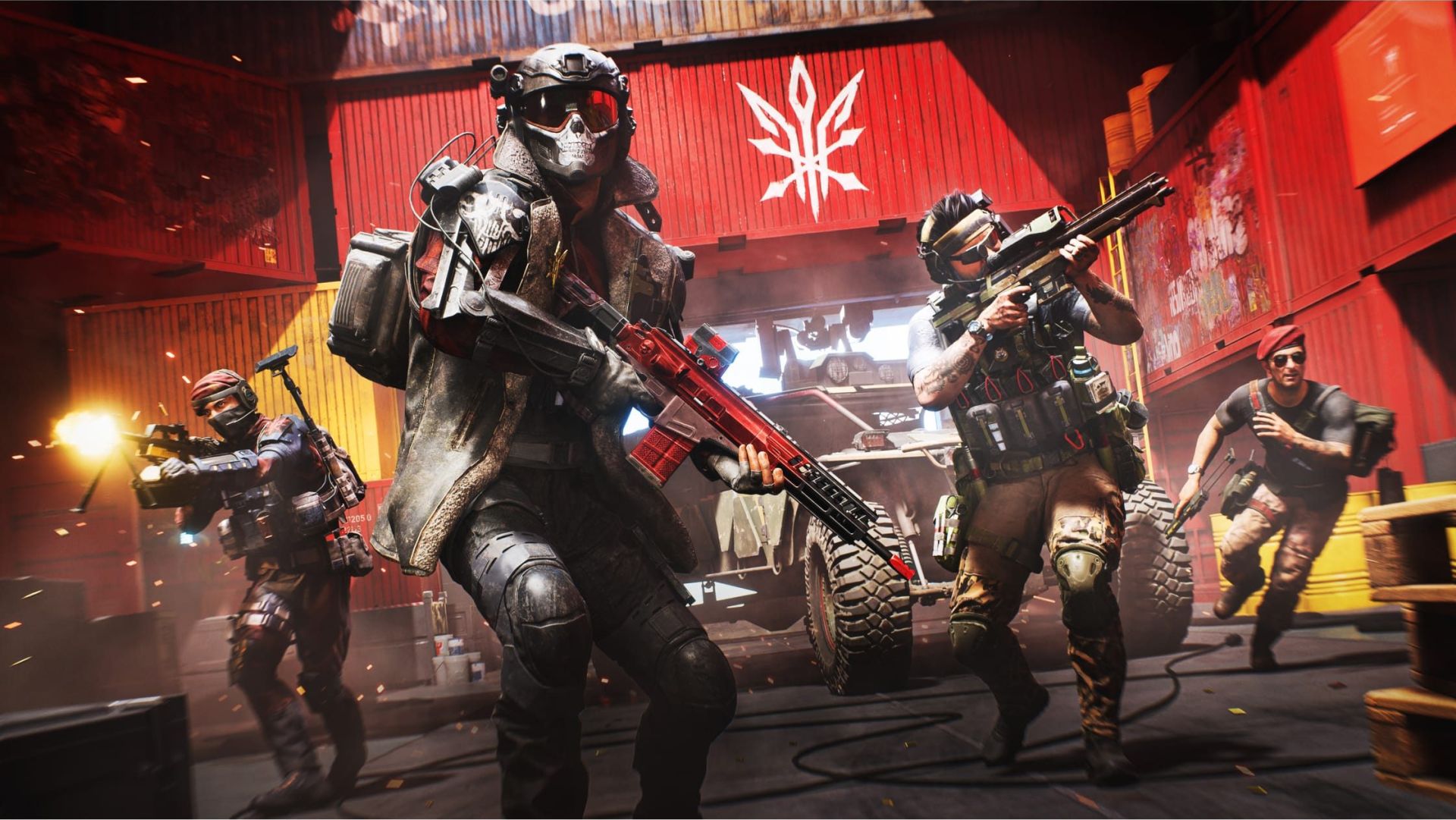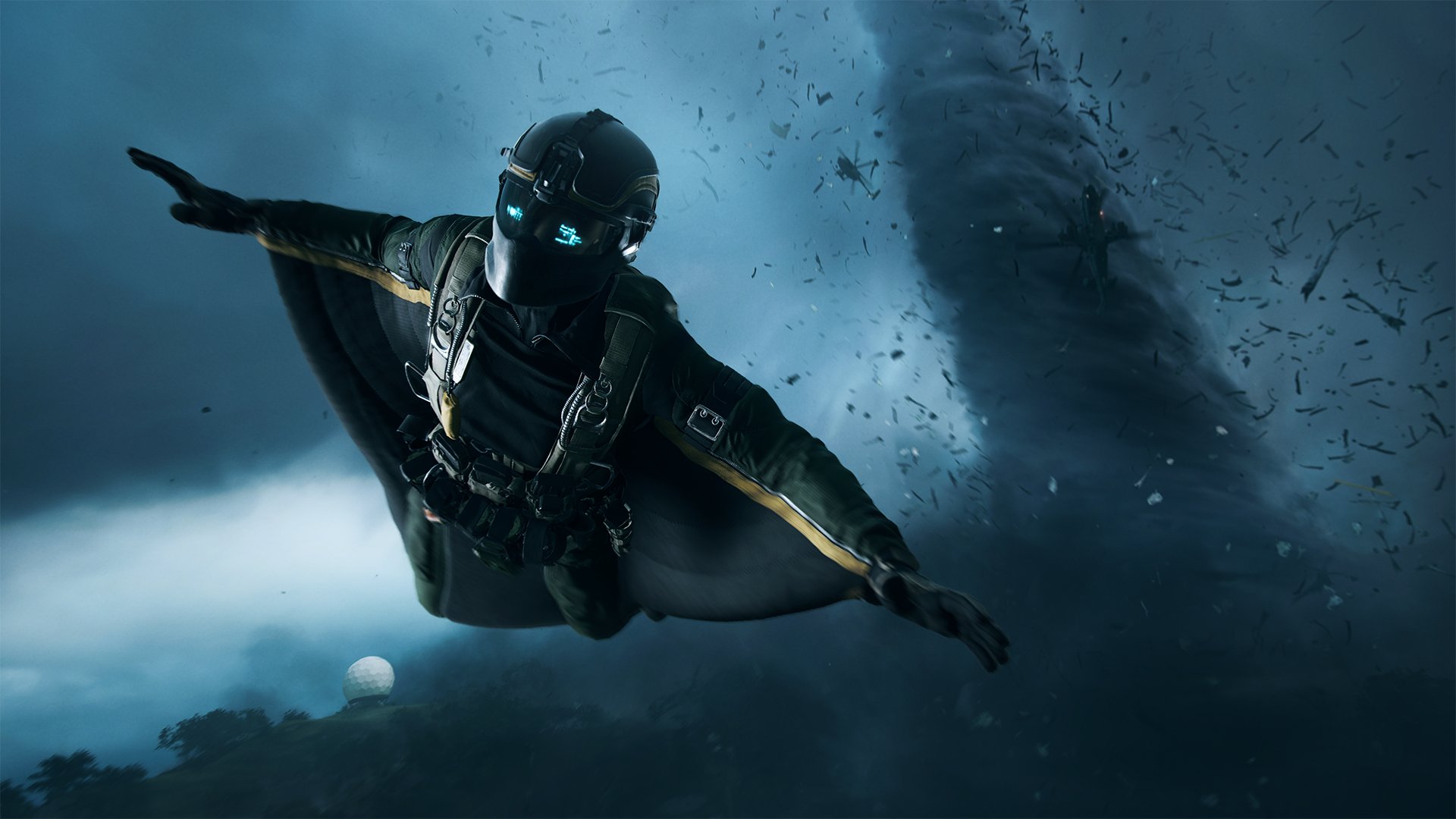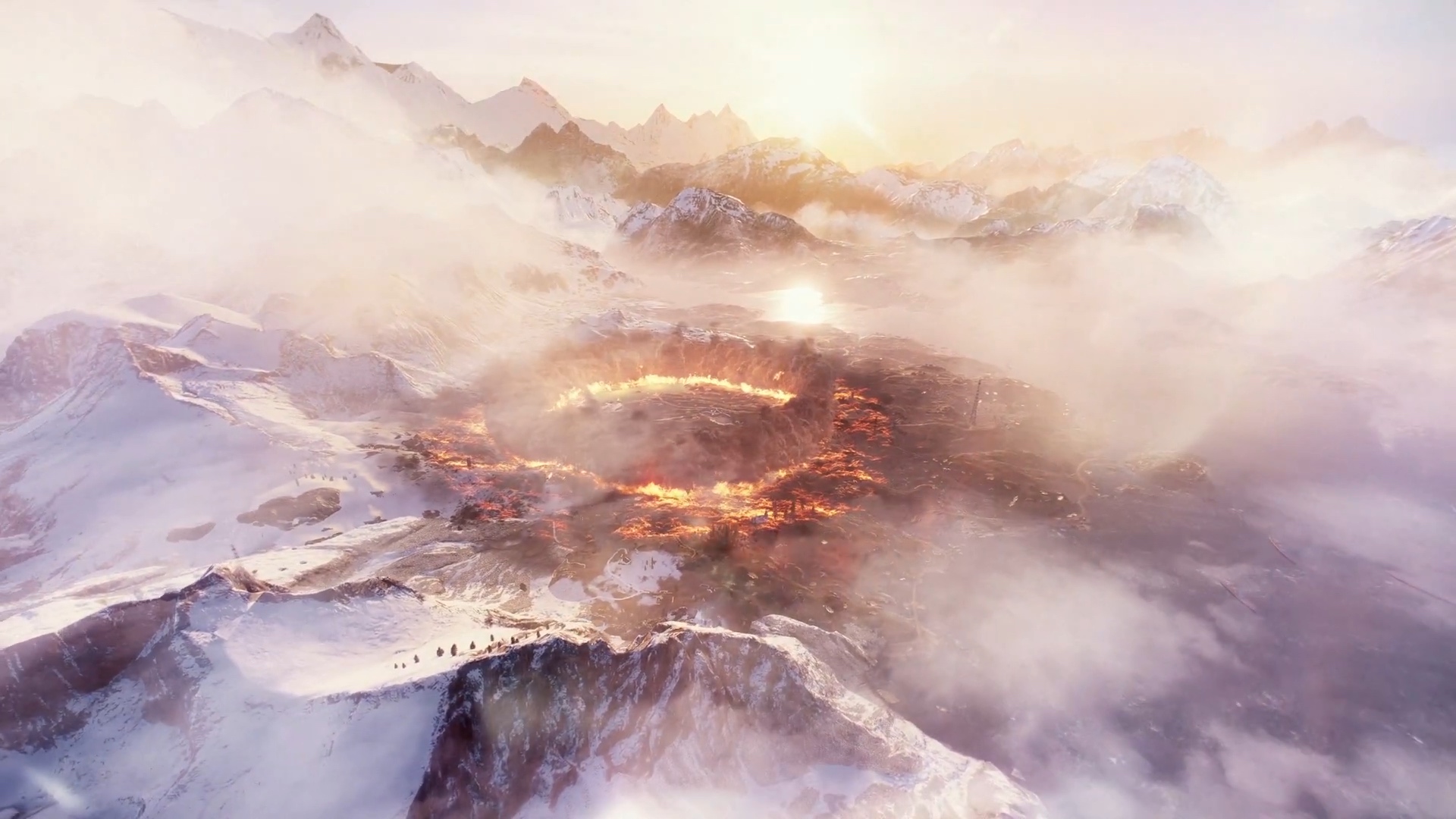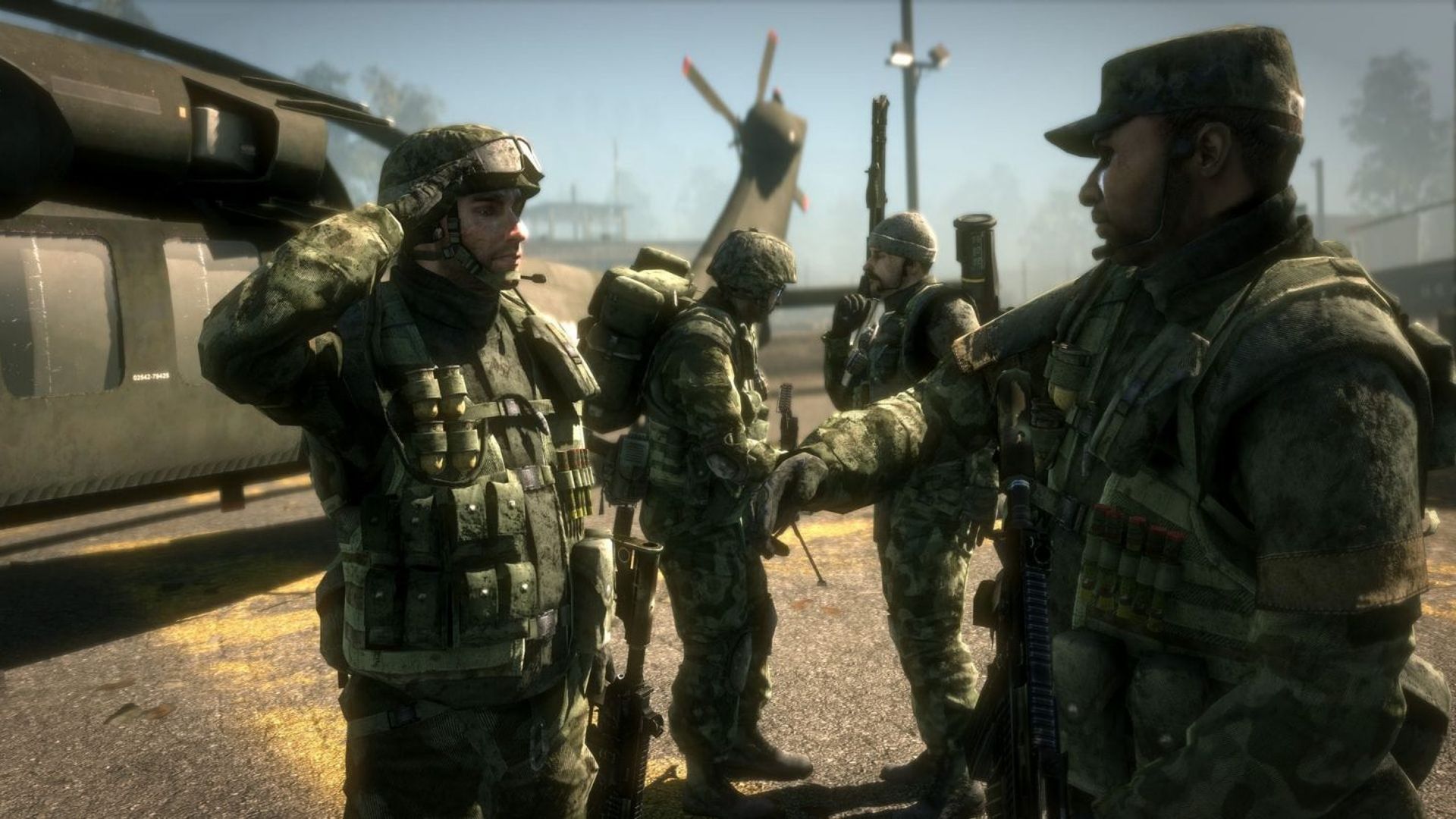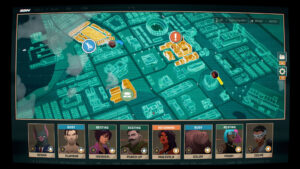
It’s a big week for video games, from the upcoming launches of Dragon’s Dogma 2 and Rise of the Ronin to the arrival of Hi-Fi Rush on PS5. The year began on a strong note, with Palworld exploding in popularity and accruing over 25 million players on Xbox and PC.
February saw the launch of Helldivers 2, which continues to soar in popularity and receive new features like firestorms, mechs and new weapons. Then you have other major titles like Tekken 8 and Like a Dragon: Infinite Wealth selling well, and Final Fantasy 7 Rebirth ranking second in the PlayStation Store for February despite only being on sale for a day.
However, in the midst of all this have been extensive layoffs and studio changes, whether it’s Activision Blizzard following its acquisition by Microsoft or Sony shutting down its London Studio while also reportedly cancelling its Twisted Metal reboot. Last year saw over 10,000 jobs lost over its entire course. Meanwhile, there have been over 8,000 layoffs as of February 2024, with few signs of slowing down.
While the industry has been suffering since last year, one of the few publishers that appeared to be navigating the layoffs well was Electronic. That is until it announced 670 layoffs on February 29th, 2024. Perhaps even more surprising is that it confirmed the closure of Ridgeline Games, a studio established to work on narrative-driven campaigns for the Battlefield series. That work has now passed on to Need for Speed developer Criterion, with some remaining developers joining Ripple Effect.
At first glance, it may seem like yet another studio closure on top of all the others, but Battlefield has suffered for years. While there’s been discontent over the handling of Battlefield 5 (and the abrupt end to post-launch support), it all really started to unravel with Battlefield 2042. From an announcement garnering extensive hype – Battlefield is back, the modern era is back, and so on – it quickly attracted skepticism due to the lack of a campaign and a $70 price tag. There was also a focus on Specialists over the traditional class system, but players were willing to be patient and see how things unfolded.
The first delay was announced in September 2021, but due to the pandemic, it seemed understandable that DICE would want more time to get it right (especially since it was working from home). After all, it was the biggest Battlefield ever with DICE, Criterion Games and Ripple Effect on board.
However, when the open beta landed in October, and many went hands-on with the game for the first time, alarm bells promptly went off. Terrible performance, missing features, lackluster environmental destruction, and of course, that UI. That darn UI. DICE and Electronic Arts promptly put out damage control, claiming the beta was several months old, which insider Tom Henderson reported wasn’t the case.
Subsequent reports emerged about the state of development – how the project began as a battle royale title, the pivot to 128-player matches and other baffling decisions. While these were all reports at the time and could thus be taken with some grain of salt, there’s no denying that the beta killed a lot of the hype for players.
Fast forward to its launch in November. The early access response was already very negative, but when it finally became available for everyone on Steam, it was swamped with negative reviews. Within a few days, only 26 percent of the tens of thousands of reviews were positive.
The Metacritic score wasn’t much kinder, as scores ranged from 61 on Xbox Series X/S to 68 on PS5, cementing its position as the one of the lowest-rated title in the genre. DICE tried to spin this, noting that its title had millions of players and almost twice as many at launch as the last game. Even Henderson reported some 4.23 million copies sold in the first week.
However, it was later reported that the figure consisted of refunds and those who played the time-limited trial through EA Play. Season 1 would also face a significant delay as DICE began addressing the many bugs and issues in the game. Thus began months of the development team promising to do better and outlining upcoming changes (including a scoreboard refresh in March 2022 – nearly five months after launch).
By the time Season 1 finally arrived, the damage was already done – from an all-time peak of 100,590 concurrent players, it dropped to as low as 1,731. Such was the backlash to the title that it even partially contributed to the cancellation of Battlefield Mobile.
The updates and content additions continued, but it was clear that something had to change. By December 2021, Electronic Arts announced a new multi-studio approach for Battlefield while DICE would work on new titles while still supporting Battlefield 2042, Ripple Effect was tasked with a “new experience”, and Halo co-creator Marcus Lehto would lead a newly established studio.
Its objective was to expand on Battlefield 2042’s narrative and provide a “variety of experiences” for “later seasons”, eventually going beyond the title. However, in September 2022, Electronic Arts revealed it as Ridgeline Studios. At the time, Lehto said it would “lead the charge on expanding the narrative, storytelling, and character development opportunities in Battlefield.”
While his work on Halo speaks for itself, Lehto’s recent efforts, like V1 Interactive’s Disintegration, had garnered mixed reactions, with servers for the title shutting down just a few months after launch. The studio, which Lehto founded, would follow soon after.
In February 2023, DICE revealed it was making a new team to assist Ridgeline on “the next chapter for Battlefield.” In August 2023, CEO Andrew Wilson said the next game in the series would serve as “a reimagination of Battlefield as a truly connected ecosystem.” He never explained what that meant, and the developers didn’t volunteer any information, but the initiative would receive a new addition in September 2023 with Criterion Games.
Most of the team focused on assisting Ripple Effect, DICE and Ridgeline while the core worked on whatever was happening next with Need for Speed. However, two years had passed since establishing the new multi-studio approach with no announcements.
On February 25th, one unofficial development quickly gained traction – Marcus Lehto had left Ridgeline Games. There was no official word from him or Electronic Arts on his departure. Lehto would later tweet on February 27th that he had left Electronic Arts of his own accord, calling it a “very tough decision to make.” He thanked the community for their feedback and wished the “teams at EA all the best moving forward.”
Regarding the future, an EA spokesperson said, “Marcus Lehto has made the personal decision to step down as the Director of Battlefield Narrative. The work on Battlefield 2042 and our upcoming, unannounced Battlefield Universe continues.” Nothing further, not even thanking him for his work. With Lehto announcing he’s “taking time away from games”, it could have been a sensitive issue that EA didn’t want to call too much attention to.
On February 28th, 2024, Insider Gaming’s Tom Henderson reported that the next mainline Battlefield title was targeting a launch in October 2025. It sounded like a dream come true for players – the return of the Class system, 64-player battles, improved destruction, a modern-day setting and a “strong story-driven emphasis on modern technology used in war.” Meanwhile, Ripple Effect was reportedly working on a free-to-play battle royale experience that would tie into the latest game.
As well and good as this all sounded, on February 29th, Electronic Arts dropped the bomb, confirming layoffs and Ridgeline’s closure. Electronic Arts said its vision for Battlefield was “ambitious and exciting”, and that the project is making “meaningful progress” with the “largest team ever.”
However, when it came to Lehto, it was noted that he made “a personal decision to leave the project” and that Criterion was “immediately appointed” for single-player work to continue work “uninterrupted.” Again, no thanks for Lehto’s efforts or even acknowledging his contributions. On March 16th, he finally responded and didn’t have “anything positive to say about Electronic Arts”, his departure or how so many developers, including his team, are “suffering due to the industry sweeping layoffs.”
While there are many ways to interpret this, the most straightforward could be that Electronic Arts wasn’t satisfied with Ridgeline’s efforts and decided to close the studio. Lehto may have been asked to remain, perhaps joining some (but not all) remaining employees to work with Ripple Effect, but instead chose to quit out of solidarity.
This is all speculation, but consider how DICE formed another team to assist Ridgeline, originally meant to “lead the charge” on expanding the Battlefield series’ narrative. Discontent with the latter’s efforts may have begun early on, and this was an attempt to “right the ship” that never panned out.
Having Criterion take over isn’t the strangest development, especially given its experience on Battlefield, from developing the battle royale mode Firestorm to the vehicles in Battlefield 2042. However, its shift over to Battlefield mere months after the establishment of DICE’s “new team” could have been preparation for its eventual takeover of single-player development (if things didn’t go well for Ridgeline). Call it a conspiracy theory, but considering the timeline of events, it all lines up a little too neatly to be coincidental.
Regardless of what happened to lead to Lehto’s departure and the closure of Ridgeline, it feels like Battlefield’s future is in flux. You could argue that Battlefield 2042 is doing better – despite still having a “Mixed” rating on Steam, it reached a peak concurrent total of 107,376 players on October 16th 2023. Even the recent 24-hour peak of 25,226 players is a far cry from the nightmarish numbers of years prior.
Season 7 is set to kick off this week and should be live by now, which is almost miraculous considering rumors that the title wouldn’t even make it past Year 1. It’s getting some backlash, particularly in removing the Stadium as part of the Hourglass revamp, turning it into a separate map and then proclaiming it as “new” (though it’s likely to have its share of changes). There’s some interest, even if the hype is tame compared to the genre’s previous peaks.
The question isn’t whether DICE can sustain interest in Battlefield 2042 until its next big game launches. If EA continues giving the okay on new updates and content, and there’s revenue generated from the Battle Passes, then it’s considered a win in today’s industry. However, for what’s supposed to be the biggest Battlefield team ever, you would expect something, anything, by now.
Maybe DICE, Ripple Effect and Criterion are gearing up for a big reveal, one that will showcase multiple titles and outline Battlefield’s direction in the coming years. Maybe it’ll establish a dedicated ecosystem, a one-stop destination for everything Battlefield, starting with the next mainline title whenever it launches.
Regardless, it’s a strange time to be a Battlefield player. Battlefield has fallen into its own rut while seemingly chasing the competition. It agonizingly pulled itself out for the better but is now in limbo. Full-price live service titles continue to fail, so Battlefield 2042 understandably deserves some credit for still hanging in there despite it all.
However, as far as the future is concerned, one has to wonder if Electronic Arts’ ambition will ultimately pay off and deliver a Battlefield worthy of its legacy. Time will tell, as always, but how much remains until the next internal shift or round of layoffs, no one can really say, and that’s the biggest worry.
Note: The views expressed in this article are those of the author and do not necessarily represent the views of, and should not be attributed to, GamingBolt as an organization.









